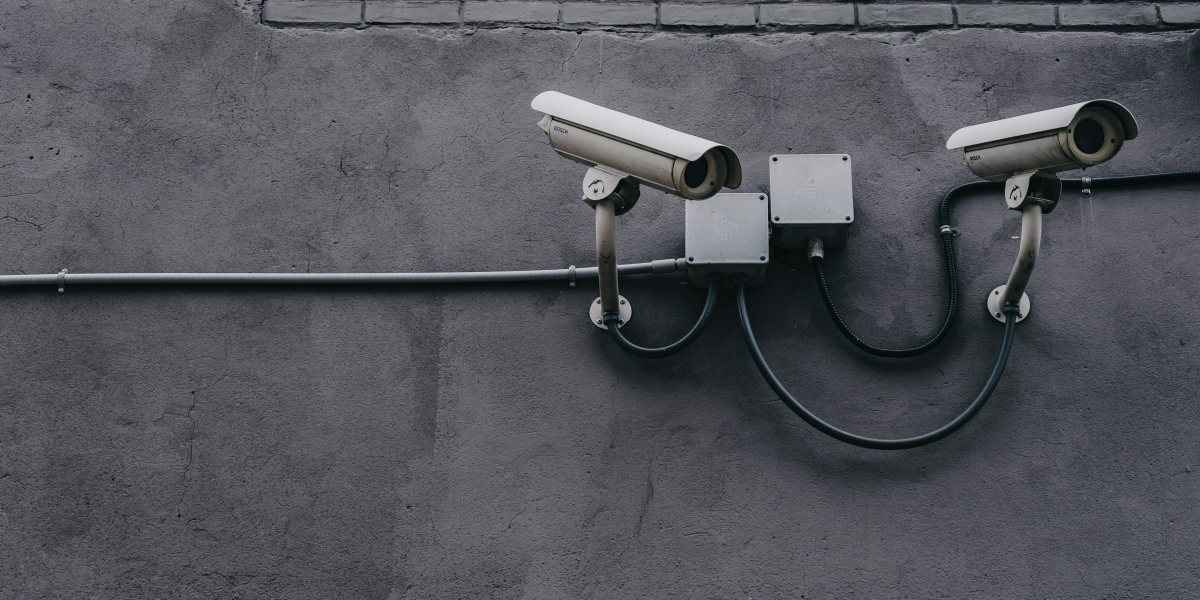There have been significant developments in America in the last ten days. But neither the president nor Congress have made any major announcements that will affect everything from environmental policy to abortion rights. Right now, the US Supreme Court has the ability to significantly alter people’s lives.
Despite having control of the White House and both chambers of Congress, the Democrats lack the support necessary to enact most of their political agenda. So instead, the Supreme Court is defining America’s future in a completely different way from what US President Joe Biden had envisioned through a succession of decisions that are as divisive as they are significant.
Pro-choice activists are furious and dejected over the Roe v. Wade decision, while anti-abortion activists who have been fighting against it for almost 50 years are ecstatic. The court’s ruling, however, did not resolve the issue; rather, it increased the prospect of legal challenges in states all over the nation, ensuring that the abortion debate would continue for years to come.
The decision regarding abortion has drawn the most attention. Other US Supreme Court rulings, though, will genuinely have an international impact.
When it ruled that the Environmental Protection Agency cannot set limits on carbon emissions unless new legislation from Congress specifically authorizes it to do so, the last decision it released before the conclusion of this session effectively prevented the US from passing meaningful green policies.
In spite of his campaign promises to combat climate change, US President Joe Biden is aware that he lacks the support needed to pass legislation requiring electricity producers to stop using coal, which emits high levels of pollution, as a source of energy.
This is hardly the only instance of the US Supreme Court and the President are at odds.
A historic gun control bill, the first of its kind in 30 years, was signed into law by President Biden last week. Politicians from opposing parties came to an agreement on a relatively limited set of new gun control regulations in response to the horrifying killing of 19 elementary school children in Uvalde, Texas.
Even though the gun control legislation fell short of expectations, it was a historic first and a rare instance of bipartisanship. However, that victory was tempered by the court’s decision to strike down a New York gun law that mandated permits for anyone who wished to carry weapons outside their residences.
Read Also: Ketanji Brown Jackson sworn into the US Supreme Court bench
The Supreme Court effectively denied states the ability to impose meaningful restrictions on gun ownership with its ruling, which was released the same day the federal gun control bill passed the Senate.
Because of these contentious decisions, the branch of government that is supposed to be the most objective and nonpartisan now seems to be very partisan.
Polling indicates that the court is not in line with the general people. The majority of Americans—60%—favor stricter gun regulation, while two-thirds do not want abortion rights to be completely eliminated.
Additionally, public confidence in the Supreme Court itself is apparently eroding. Only 25% of respondents to a recent poll said they have “a great deal” or “quite a lot” of confidence in the court, indicating a substantial drop in public trust in the institution.





